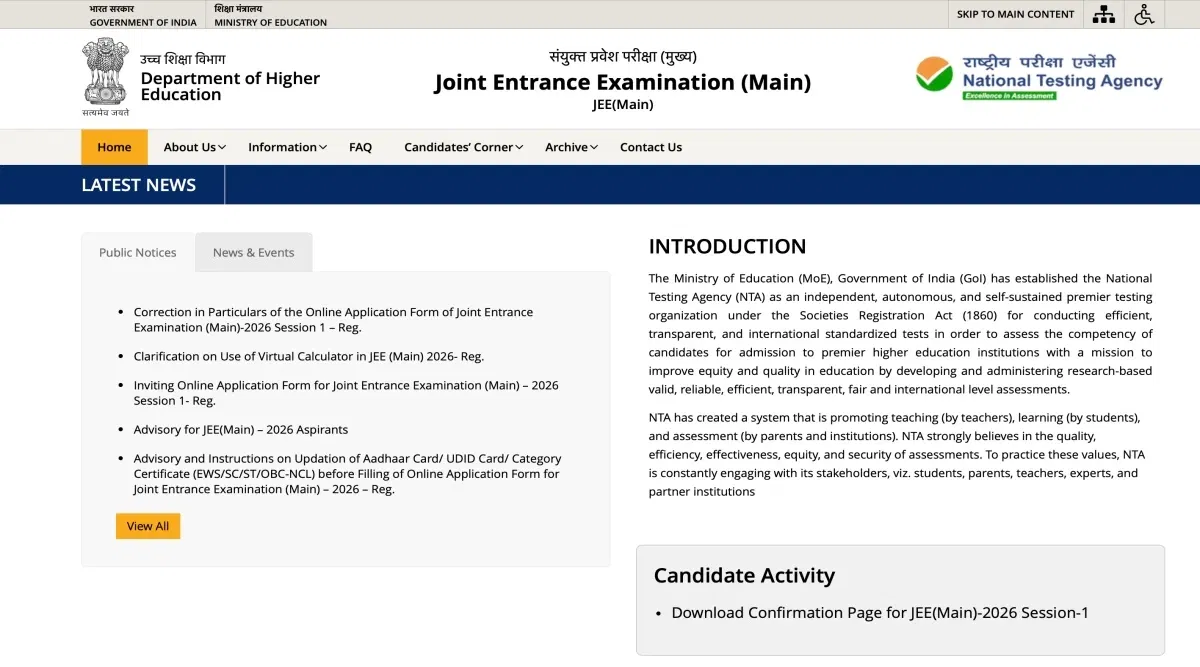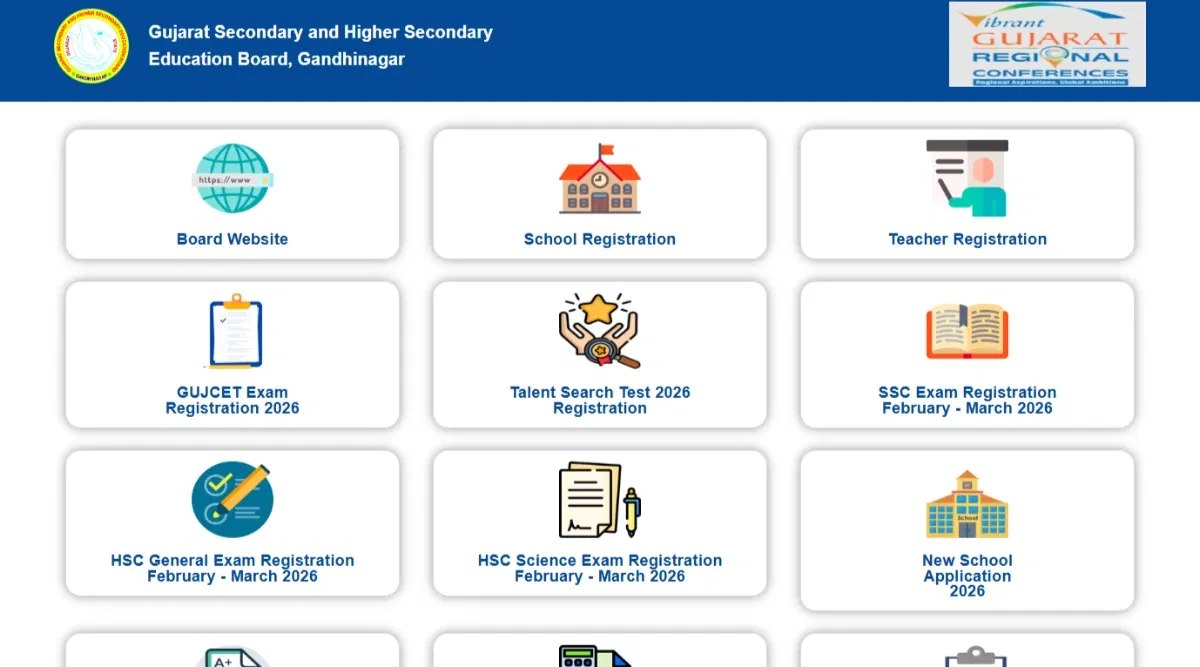An effective GATE 2026 preparation is crucial to qualifying the exam with flying colours. However, students are conflicted whether or not they should take a drop to prepare for GATE 2026. Discover the pros and cons of taking a drop year and decide wisely.
Table of Contents
One of the most common questions asked by GATE aspirants is whether or not they should take a drop year to prepare for the exam. GATE 2026 is a national-level aptitude test that is written by thousands of aspirants each year to enroll in PG, PhD, or take up jobs in PSUs relevant to engineering, applied sciences, and humanities.
Taking a gap year has its pros and cons and the following article aims to answer the question should you take a drop for the GATE 2026 exam.
Concept of a Drop Year for GATE 2026
Taking a drop, or a gap year, for GATE 2026 preparation refers to when a candidate decides to dedicate an additional year solely to preparing for the exam. This decision is often driven by the desire to achieve a higher score and qualify for better institutions. Many candidates consider taking a drop year for GATE due to several reasons:
- Insufficient Preparation Time: Some aspirants experience a lack of preparation time during their final year of undergraduate studies due to academic commitments, projects, or internships and decide on opting for a gap year.
- Desire for a Higher Score: Scoring well in GATE score can significantly enhance opportunities for admissions in premier institutions like IITs, NITs, and IISc or increase the chances of landing a job in PSUs, therefore candidates opt for a gap year.
- Focused Preparation: A drop year allows aspirants to focus entirely on GATE preparation and a dedicated study schedule without the distraction of academic coursework or job responsibilities.
Must Read: Important Instructions to Fill the GATE 2026 Form
Pros and Cons of taking a Drop year for GATE 2026
Should you take a drop year for the GATE 2026 exam you must keep in mind that a drop year can prove to be a beneficial decision but can also be a risky bet if you don’t have a roadmap to study properly. Aspirants deciding on a gap year for GATE 2026 can refer to the following pros and cons to make an informed decision:
| Pros of taking a Gap year for GATE 2026 |
Cons of taking a Gap year for GATE 2026
|
|
|
Making the Most out of the GATE 2026 Gap Year
The correct approach to make the best out of the GATE 2026 drop year is to follow a three-point strategy that includes the following steps:
Creating an Effective Study Plan
Having a clear roadmap that includes regular studies, doing practice questions/daily quizzes, mock tests, solving GATE previous year’s questions and most importantly consistent revision is essential to GATE preparation. An effective GATE study plan would include proper time slots allotted to each subject and balancing work and play.
Choosing the Best Resources to Study
In addition to having a proper study plan, GATE aspirants must gain access to proper resources, offline or online, to streamline their preparation. Good resources that are up-to-date with the GATE syllabus are essential to reading and understanding topics comprehensively.
Opting for Online or Offline Coaching
Aspirants opting for a gap year for preparation of GATE 2026 must consider enrolling in an online or offline coaching depending on their convenience and availability of facilities and financial resources. Coachings offer consolidated subject matter and a conducive environment for learning.
Read More: GATE Preparation Tips
Taking a drop year for GATE 2026 is a significant decision that requires careful consideration of various factors, including your current preparation level, financial situation, and mental readiness. It offers both advantages and disadvantages. If you believe that a drop year can significantly enhance your chances of success and you are prepared for the challenges it may bring, it could be a worthwhile investment in your future. However, if the risks outweigh the potential benefits, alternative preparation strategies are a better choice. Ultimately, whether you should take a drop for GATE 2026 depends on your unique circumstances and goals.























POST YOUR COMMENT